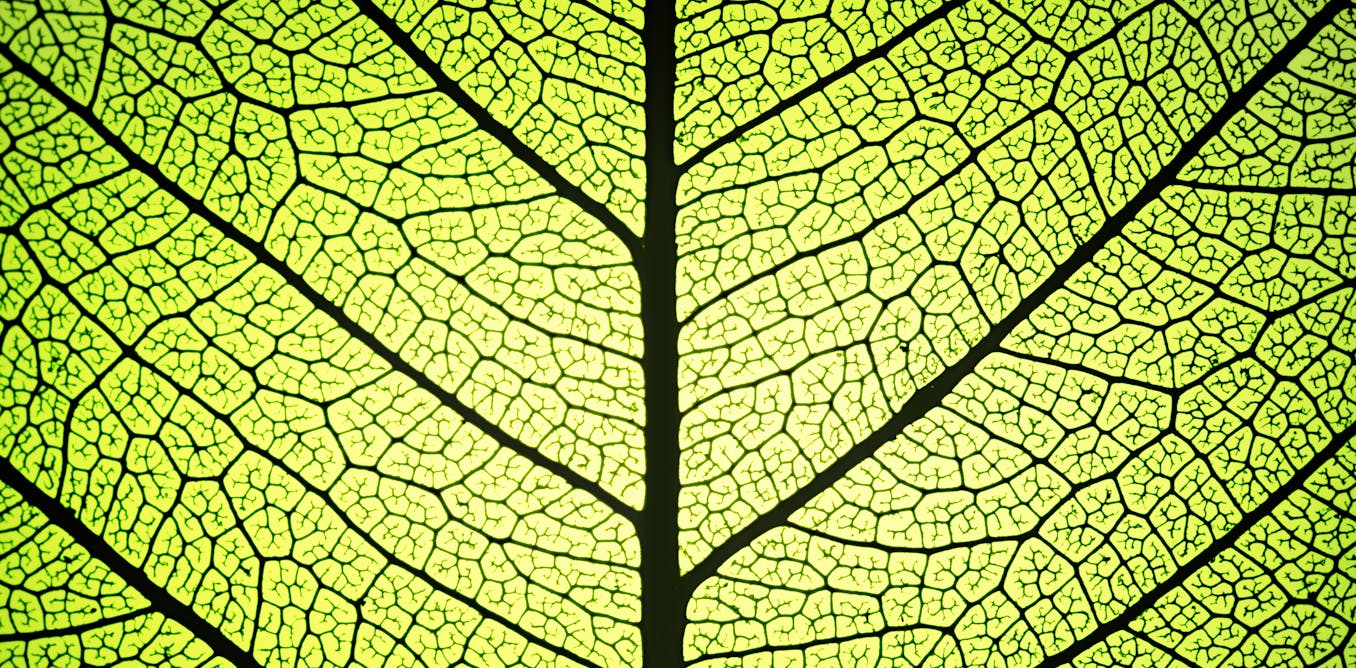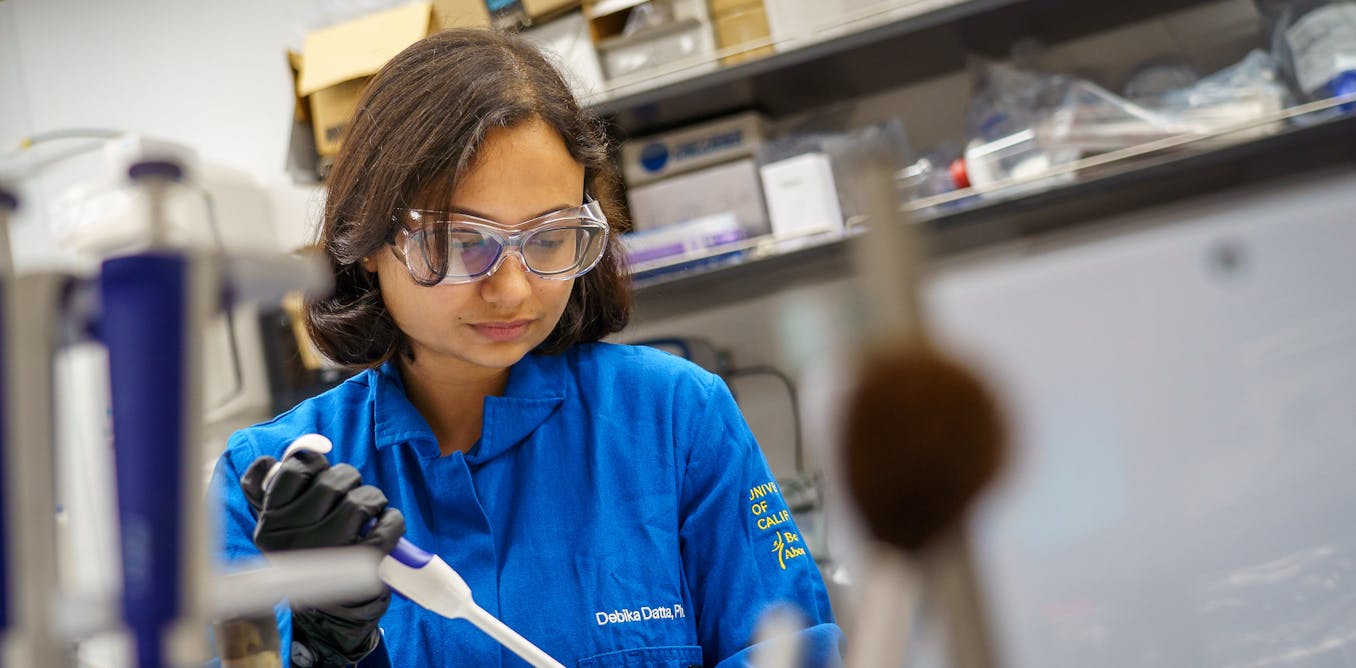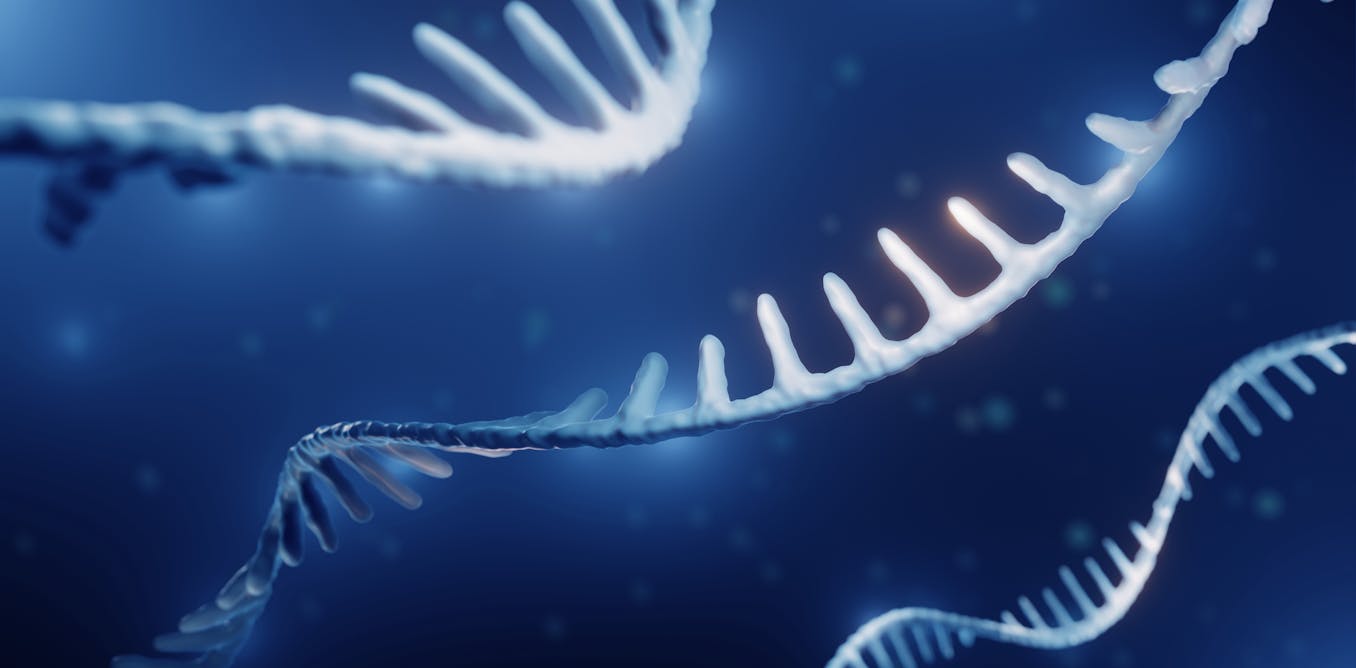Engineered 'living materials' could help clean up water pollution one day
‘Living materials’ made with genetically engineered bacteria and Jell-O-like gel could make pollutants in water bodies nontoxic.
Nov. 7, 2023 • ~6 min
A layered lake is a little like Earth’s early oceans − and lets researchers explore how oxygen built up in our atmosphere billions of years ago
An unusual lake with distinct layers of low-oxygen and high-iron water lets researchers investigate conditions like those in the early Earth’s oceans.
Oct. 23, 2023 • ~11 min
The melting Arctic is a crime scene. The microbes I study have long warned us of this catastrophe – but they are also driving it
To fully understand the extent of climate-related dangers the Arctic – and our planet – is facing, we must focus on organisms too small to be seen with the naked eye.
June 23, 2023 • ~27 min
Were viruses around on Earth before living cells emerged? A microbiologist explains
Fossil evidence of how the earliest life on Earth came to be is hard to come by. But scientists have come up with a few theories based on the microbes, viruses and prions existing today.
Feb. 20, 2023 • ~7 min
Neurotoxins in the environment are damaging human brain health – and more frequent fires and floods may make the problem worse
Pollution from more frequent floods and wildfires – exacerbated by the warming climate – is threatening human health and poses particular risks to the brain.
Nov. 12, 2021 • ~10 min
Buildings grown by bacteria -- new research is finding ways to turn cells into mini-factories for materials
Researchers are turning microbes into microscopic construction crews by altering their DNA to make them produce building materials. The work could lead to more sustainable buildings.
March 23, 2020 • ~7 min
/
1





